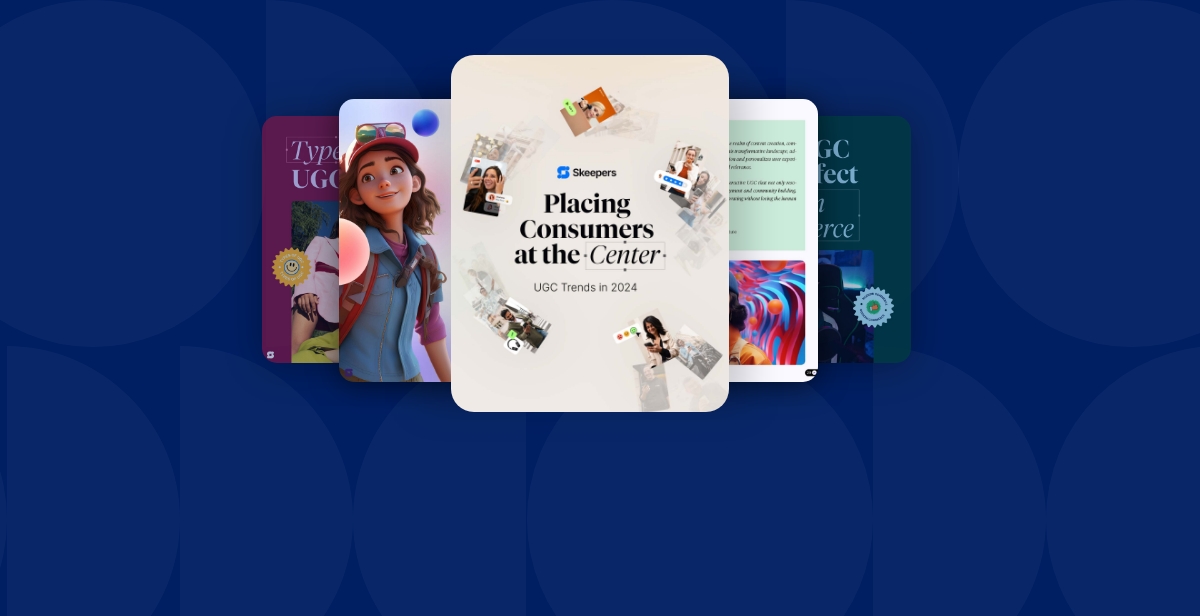Customers are bombarded with marketing information. The average American is exposed to hundreds, if not thousands, of advertisements each day (no one seems to agree on an exact figure, despite the oft-cited 5,000-per-day estimate). Facing an enormous onslaught of competition from old advertising standbys like television, radio, and print, and newer media like mobile and...
Customers are bombarded with marketing information. The average American is exposed to hundreds, if not thousands, of advertisements each day (no one seems to agree on an exact figure, despite the oft-cited 5,000-per-day estimate). Facing an enormous onslaught of competition from old advertising standbys like television, radio, and print, and newer media like mobile and online, brands must work harder than ever to cut through all the other voices in order to connect with consumers.
Word-of-mouth recommendations from friends and family, often referred to as earned advertising, are generally the most influential, with 84% of global respondents in a recent Nielson survey citing it as the most trustworthy. But business owners must still make important decisions about the form and content of the marketing they use to drive more customers. The question is how does a business develop a brand’s credibility and awareness while also separating itself from all the rest.
Here’s one suggestion: treat each customer the way you would like to be treated, which is to say like a respected human being. Consider these three approaches to overcoming generic marketing ploys and injecting a genuine human connection into your customer experience.
It’s Not All About You
Have you ever met someone at a party who couldn’t stop talking about himself? Customers feel a little like that when they perceive a company to be indifferent to them, a company whose only interest seems to be itself. Of course, advertising is an opportunity for a brand to sell itself, but today’s audiences won’t necessarily respond to push or “interruptive” communication strategies the way they used to. Today’s consumer will likely find greater value in a brand that pulls them into a personalized conversation.
Customer service is all about the interaction between the customer and the business. Allowing customers to tell a business what they are doing wrong – or doing right – will foster trust, transparency, and loyalty. Successful businesses, like Netflix, need constructive feedback to refine existing services and develop increased customer value. Fortunately, customers are all too happy to talk with you if they perceive you as a company that actually cares enough to ask for their observations.
Actions Speak Louder than Words
Go above and beyond. Paying attention to the small details and showing genuine concern for the customer will have a big impact on your company’s customer engagement. Take American retailer, Nordstrom, for example. Nordstrom uses customer service as a competitive advantage. In fact, the company is probably better known for its immaculate customer service than the actual merchandise it sells. Company’s employees are known for going the extra mile, treating every customer like a VIP. And that is exactly what customers want. If a customer knows a business cares enough to go the extra mile, they are more likely to deliver high repeat business.
Today’s customers are savvier than ever, easily recognizing hollow platitudes when they hear them. They know that any business can promise “the ultimate customer experience” and are intelligent enough to see, via a company’s actions, if those words ring true or not. Fortunately, companies can establish their credibility in any number of ways, for example, through the use of customer satisfaction surveys which produce feedback that can be acted on in real time. Collect and respond to the feedback, and consider posting on your website the results of your follow up so customers can see you are hard at work on their behalf.
Don’t Always Go With the Safest Option
Take risks to surprise customers. Innovation is one of the most important factors in determining a business’s success. Amongst all the competition, a business must make sure that the company offers a truly unique or – at least – the highest quality product or service in order to survive today’s market place.
Let consumers tell you what they are interested in. Work around their habits and behaviors and design innovative products or services which provide real value to them. Case in point: Starbucks. Starbucks digital efforts like its mobile order, pay, and delivery services were designed based on customer feedback. Listening to and designing products to simplify transactions has helped build loyalty and boost sales for the coffee chain.
In the end, not coming across as “corporate” and generic will show customers they are dealing with flesh and blood people. By humanizing customer contact and communication, your business will connect with customers on a far more emotional level, creating both meaningful engagement and increased loyalty.








